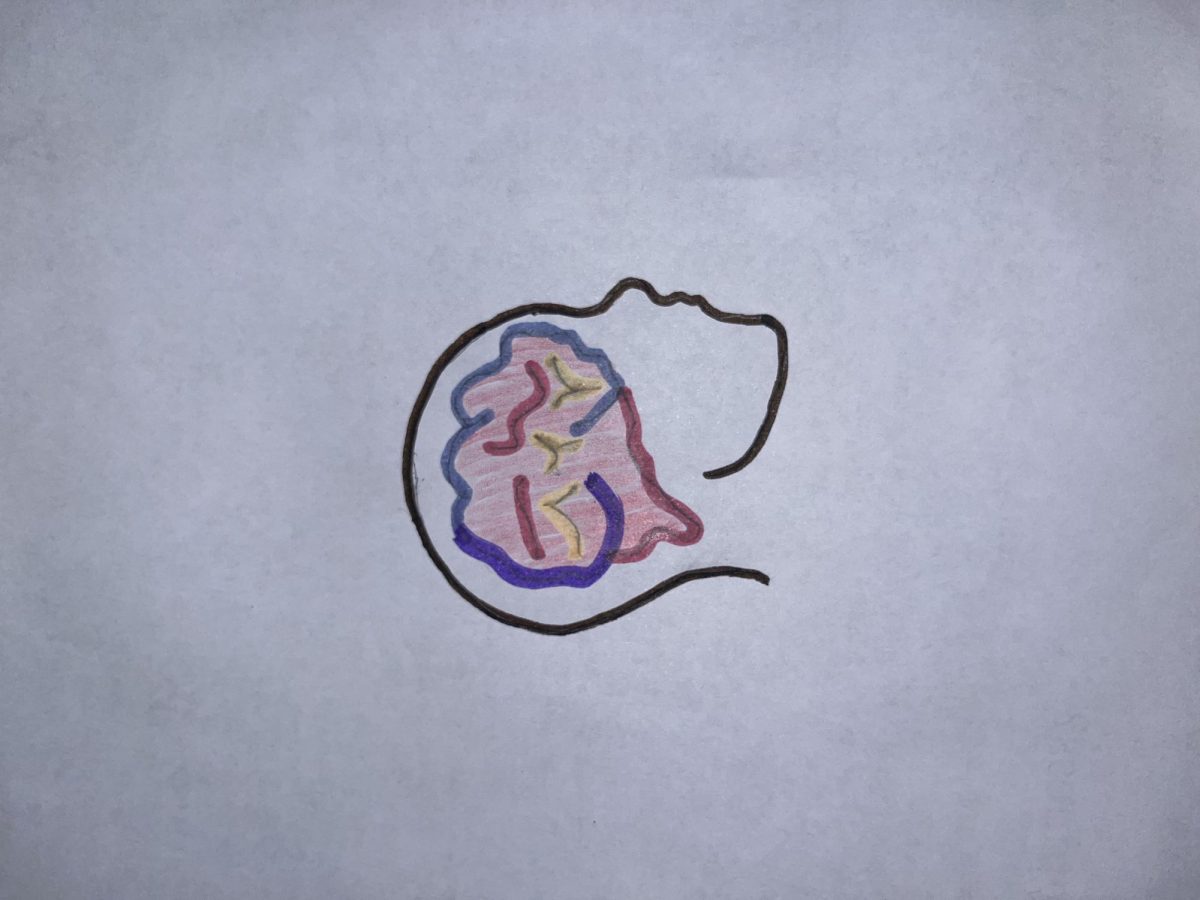According to the Centers for Disease Control and Prevention, 1.5 million Americans sustain a traumatic brain injury each year. As a result of these past-related injuries, an estimated 5.3 million individuals are living with a permanent disability. However, there is now hope for a new treatment.
In a study published Monday, five people with moderate to severe brain injuries had electrodes implanted in their heads. As these electrodes stimulated their brain, their cognitive performance improved.
“This is the first evidence that you can move the dial for this problem,” said Dr. Nicholas Schiff, a neurologist at Weill Cornell Medicine in New York who led the study.
So—how does this treatment work? Jaimie Henderson, a neurosurgeon at Stanford University, says you can think of the electrodes like a pacemaker. The device is surgically implanted and begins to stimulate a part of the brain called the central lateral nucleus, a region linked to learning and memory.
This new discovery has already had some positive results. One of the recipients, Gina Arata, was left with fatigue, memory problems, and uncontrollable emotions after a car crash. Now, after receiving this new treatment, she says her life has changed profoundly.
“I can be a normal human being and have a conversation,” she said. “It’s kind of amazing how I’ve seen myself improve.”
The next step of this new method is for researchers to expand their study to more patients in order to fully grasp the safety and full-working of the electrodes.




















